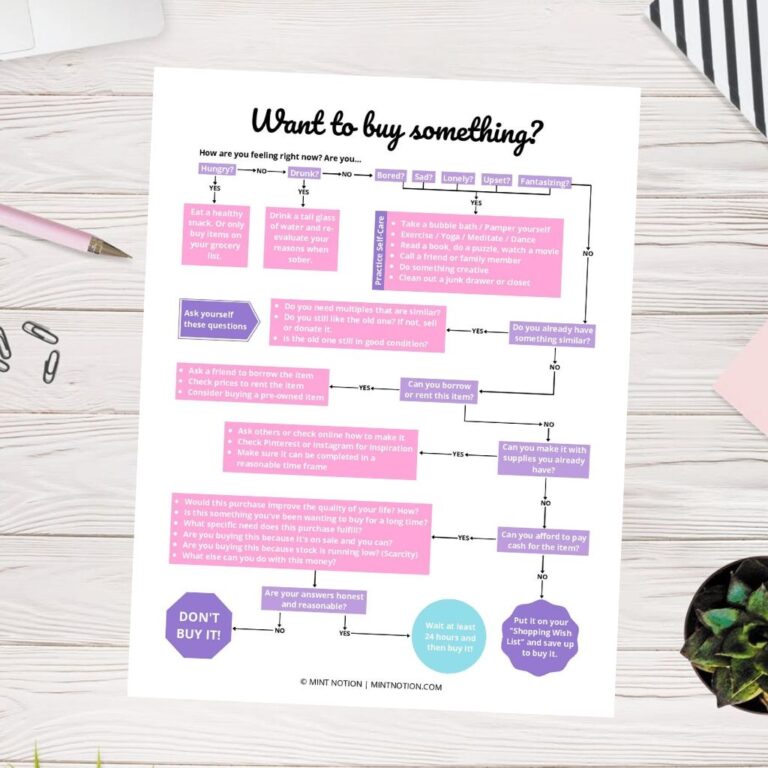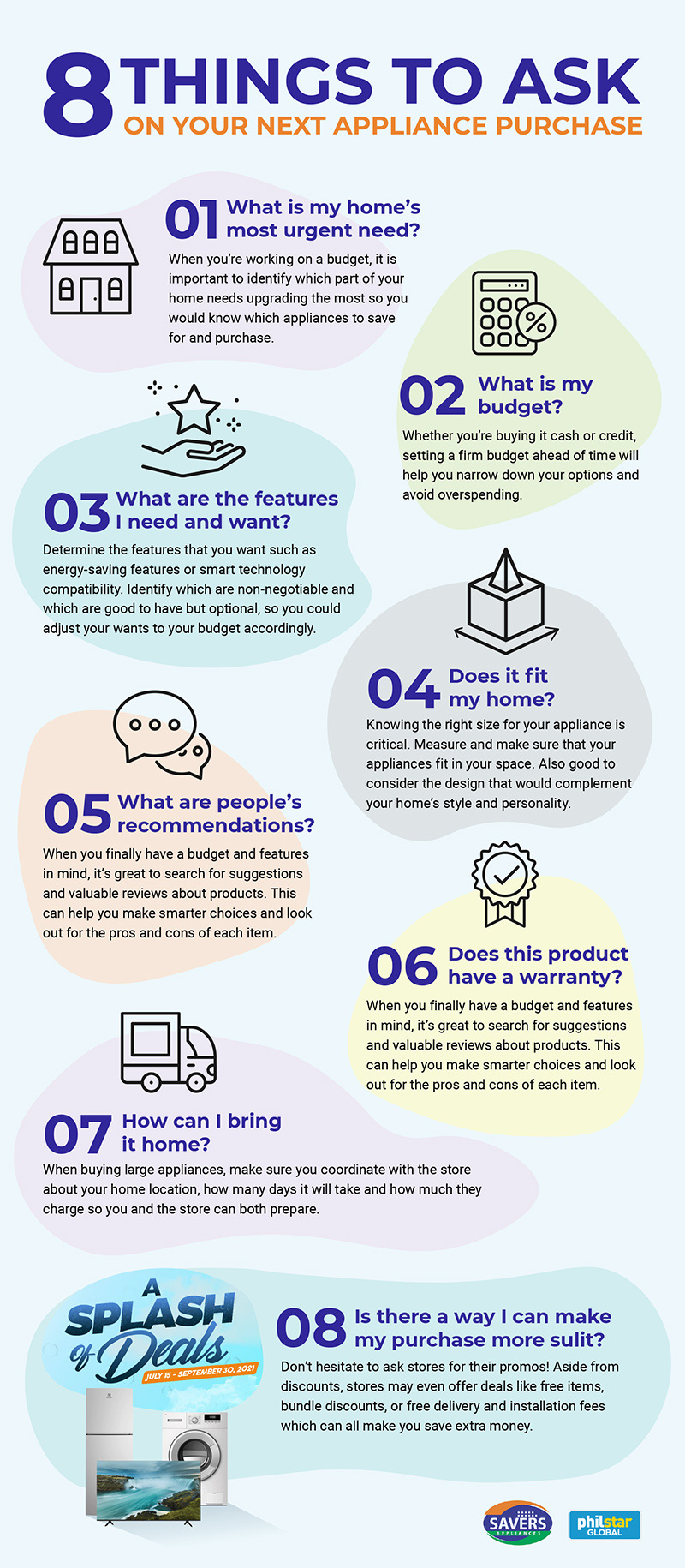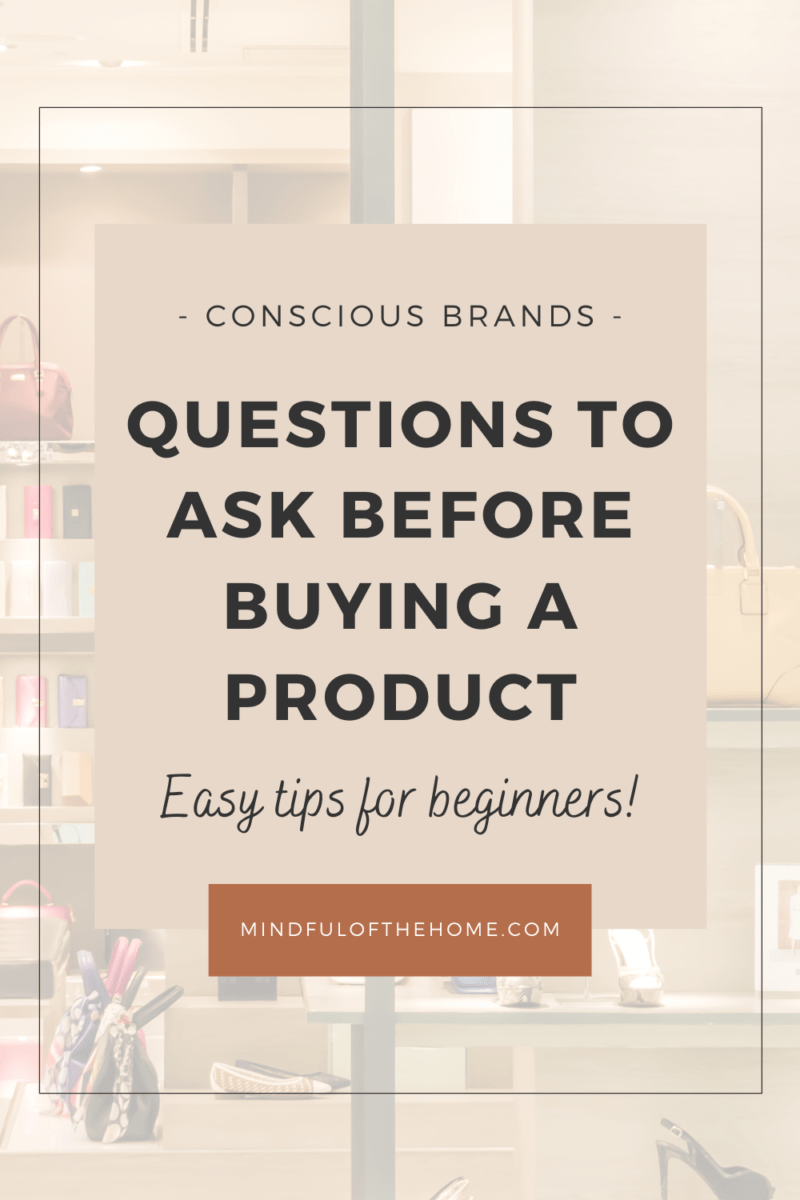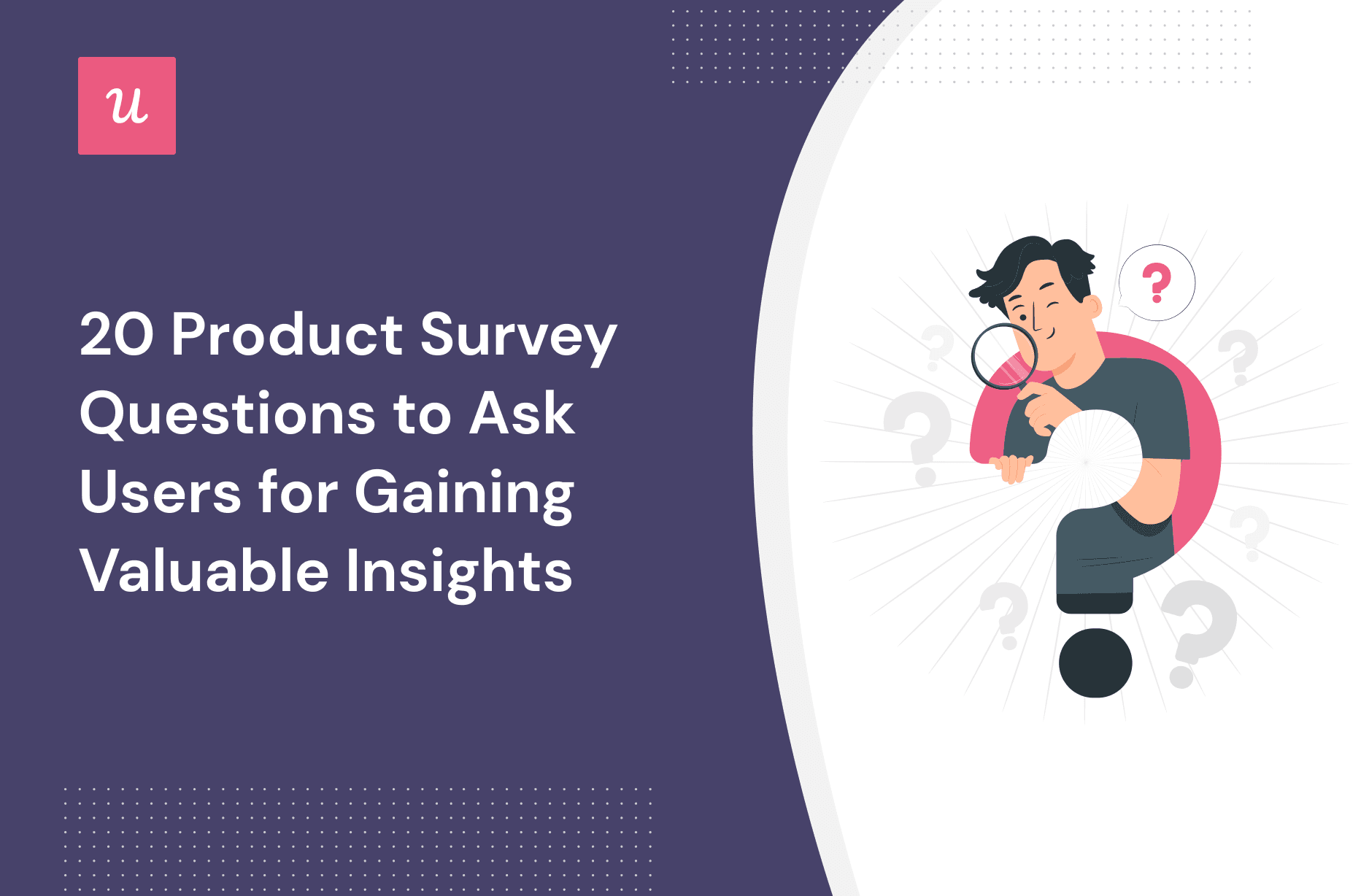Questions To Ask Before Buying A Product
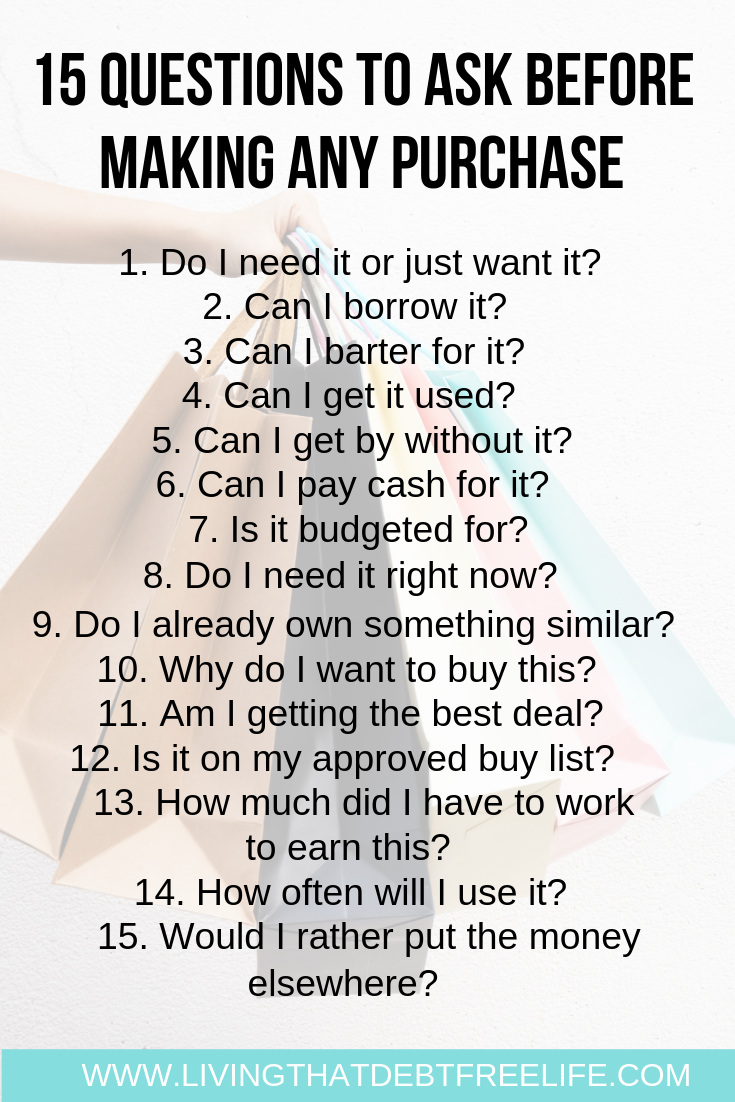
In today's consumer-driven world, making informed purchasing decisions is more crucial than ever. With a vast array of products vying for attention, consumers are often left overwhelmed and vulnerable to impulse buys or marketing ploys. Experts emphasize the importance of pausing and asking key questions before committing to a purchase, regardless of the item's price tag.
This article provides a framework of essential questions to guide consumers towards smarter and more satisfying buying experiences. By considering factors such as needs, alternatives, long-term costs, and company reputation, individuals can minimize the risk of buyer's remorse and ensure their purchases align with their values and financial goals.
Understanding Your Needs and Wants
The first step in any responsible purchasing journey is self-reflection. "Do I really need this, or do I just want it?" This fundamental question forces consumers to differentiate between essential items and those driven by emotional desires or external pressures.
Furthermore, consider the specific problem the product aims to solve. Will it genuinely improve your life or address a pressing need? Defining the purpose helps to justify the expense and ensures the product serves a practical function.
Exploring Alternatives and Researching Options
Before settling on a specific product, it's crucial to explore available alternatives. "Are there other brands or models that offer similar features at a better price?" This comparative analysis allows for informed decision-making and prevents settling for the first option encountered.
Online reviews and product comparisons are invaluable resources in this stage. Websites like Consumer Reports and Wirecutter provide unbiased assessments, helping consumers understand the strengths and weaknesses of various options.
Investigate the product's specifications and features carefully. "Does this product have all the features I need, and are they reliable?" Ensuring the product meets technical requirements and performance expectations is vital for long-term satisfaction.
Considering Long-Term Costs and Value
The initial purchase price is only one aspect of the total cost. "What are the ongoing costs associated with this product, such as maintenance, repairs, or consumables?" A seemingly affordable item can quickly become expensive if it requires frequent upkeep or specialized accessories.
Evaluate the product's lifespan and warranty coverage. A longer lifespan and comprehensive warranty can significantly reduce the risk of unexpected expenses and provide peace of mind.
Resale value is another factor to consider, particularly for electronics or durable goods. "How well does this product hold its value, and could I resell it later if needed?" This can offset the initial cost and provide financial flexibility in the future.
Investigating the Company and its Reputation
The company behind a product can be just as important as the product itself. "What is the company's reputation for quality, customer service, and ethical practices?" Researching the company's track record can provide insights into its commitment to customer satisfaction and product reliability.
Check for customer reviews and ratings on platforms like Amazon and Yelp. Pay attention to common complaints or recurring issues, as these can indicate potential problems with the product or company.
Consider the company's sustainability practices and ethical sourcing policies. Supporting companies that prioritize environmental and social responsibility can align purchases with personal values and contribute to a more sustainable future.
Understanding Return Policies and Warranties
Before finalizing a purchase, thoroughly review the return policy and warranty terms. "What is the return policy, and what are the conditions for returning the product?" A generous return policy provides a safety net in case the product does not meet expectations or has defects.
Understand the scope of the warranty coverage. "What does the warranty cover, and for how long?" A comprehensive warranty protects against manufacturing defects and malfunctions, minimizing the risk of costly repairs.
Keep all receipts and warranty documents in a safe place. These documents are essential for processing returns or warranty claims.
Conclusion
By taking the time to ask these critical questions before making a purchase, consumers can empower themselves to make informed decisions that align with their needs, values, and financial goals. Thoughtful consideration and diligent research are the keys to avoiding buyer's remorse and maximizing satisfaction with every purchase.
Ultimately, informed consumerism benefits not only individuals but also the broader economy, fostering a marketplace where quality, value, and ethical practices are prioritized.
